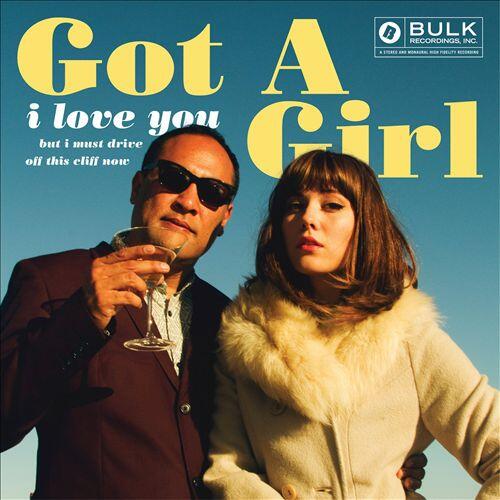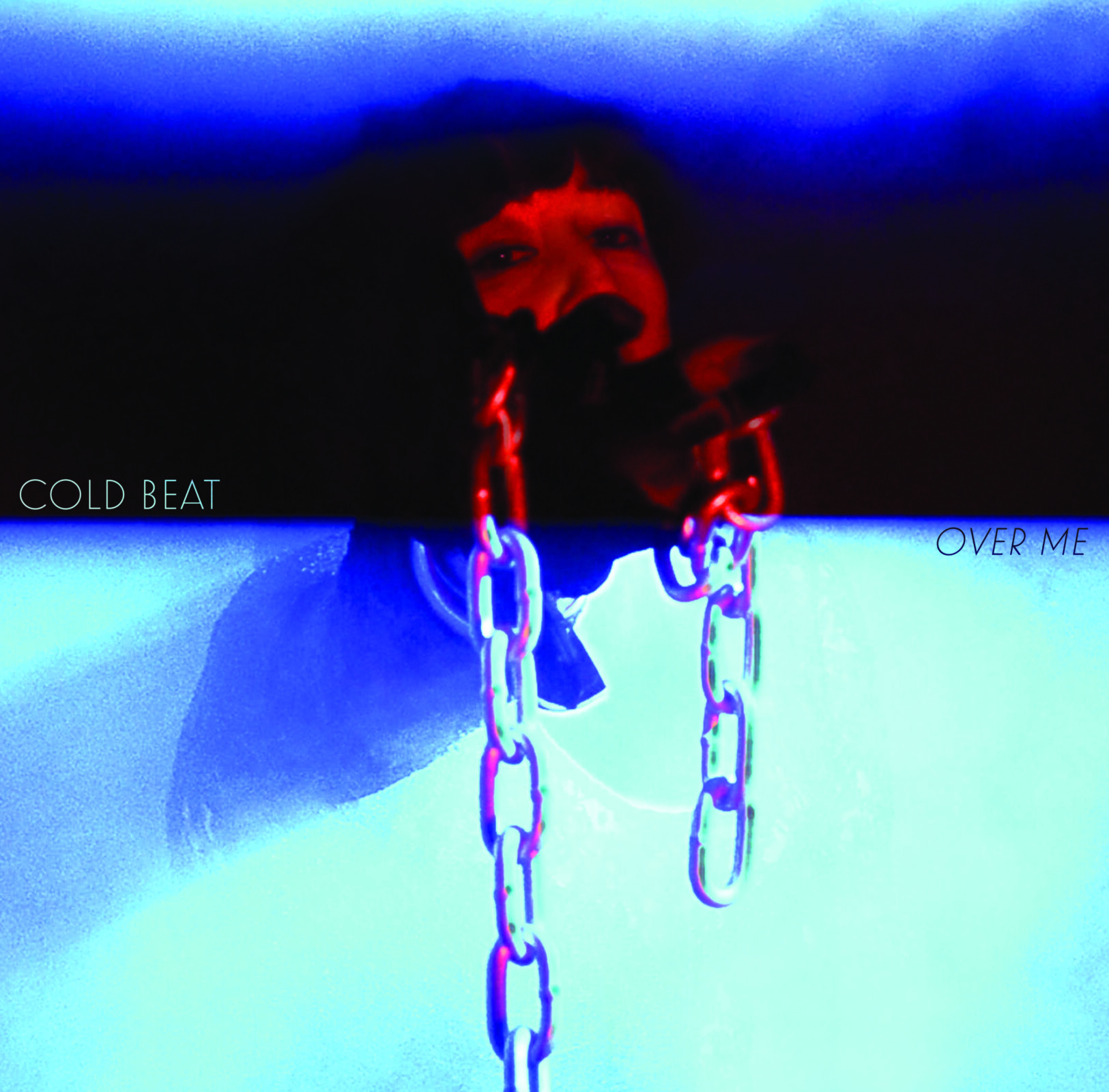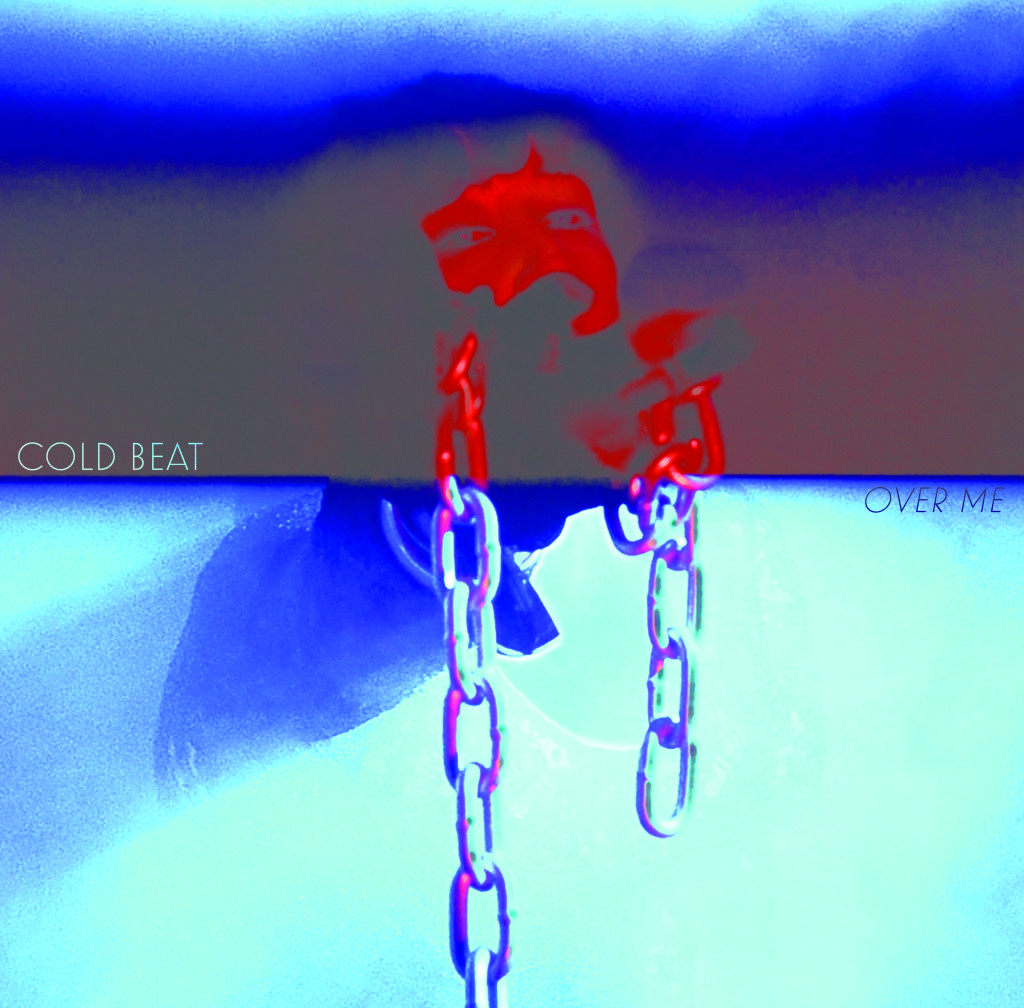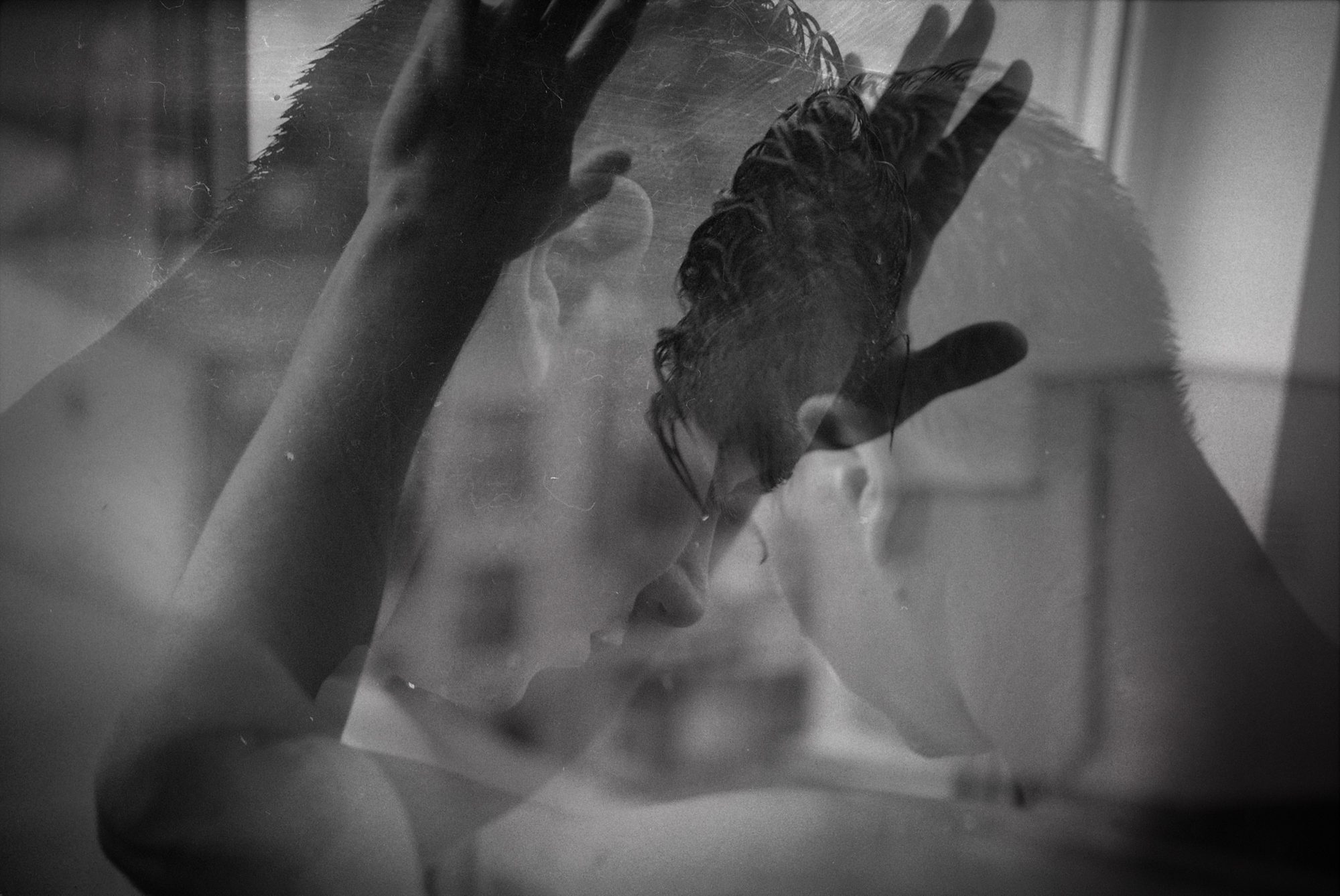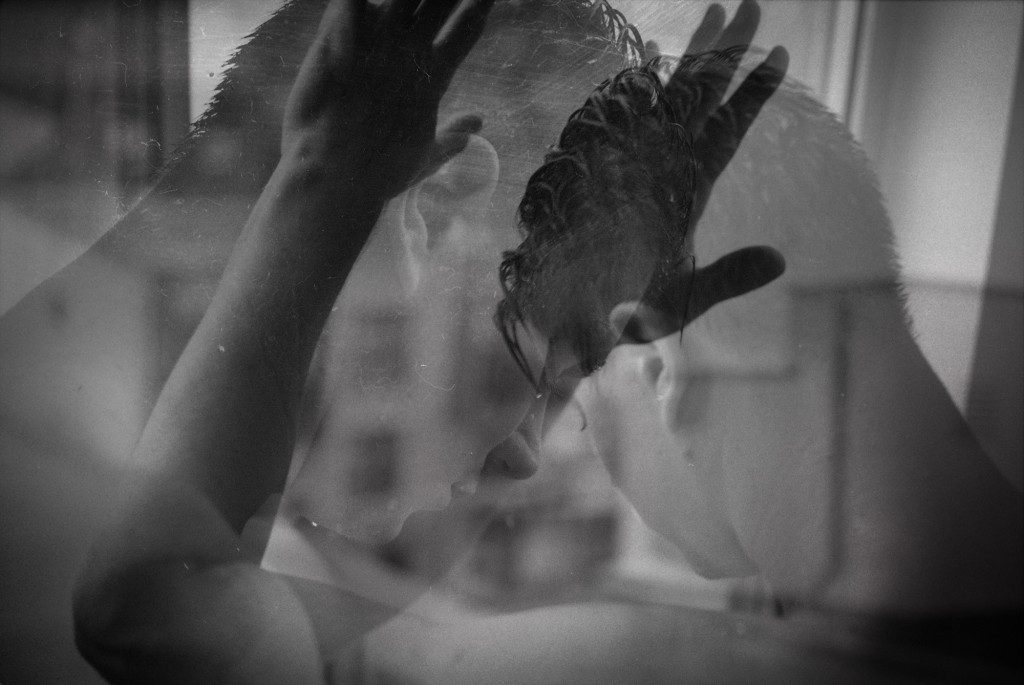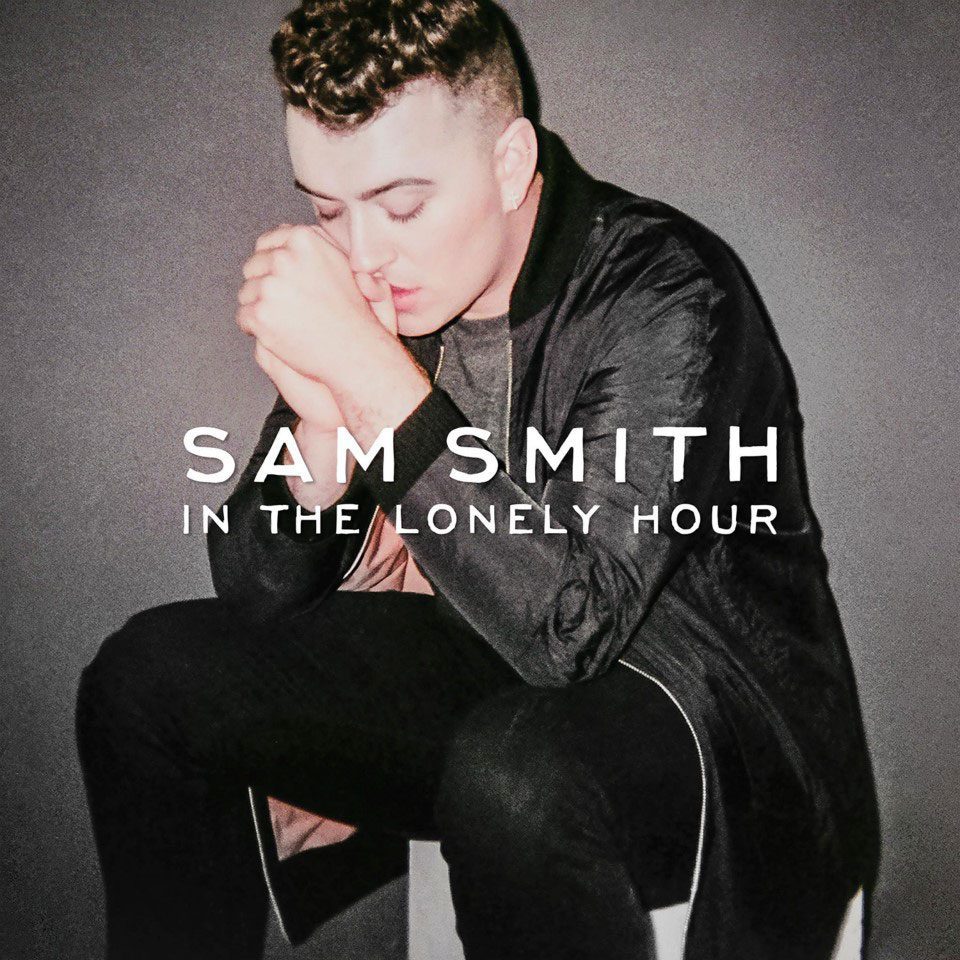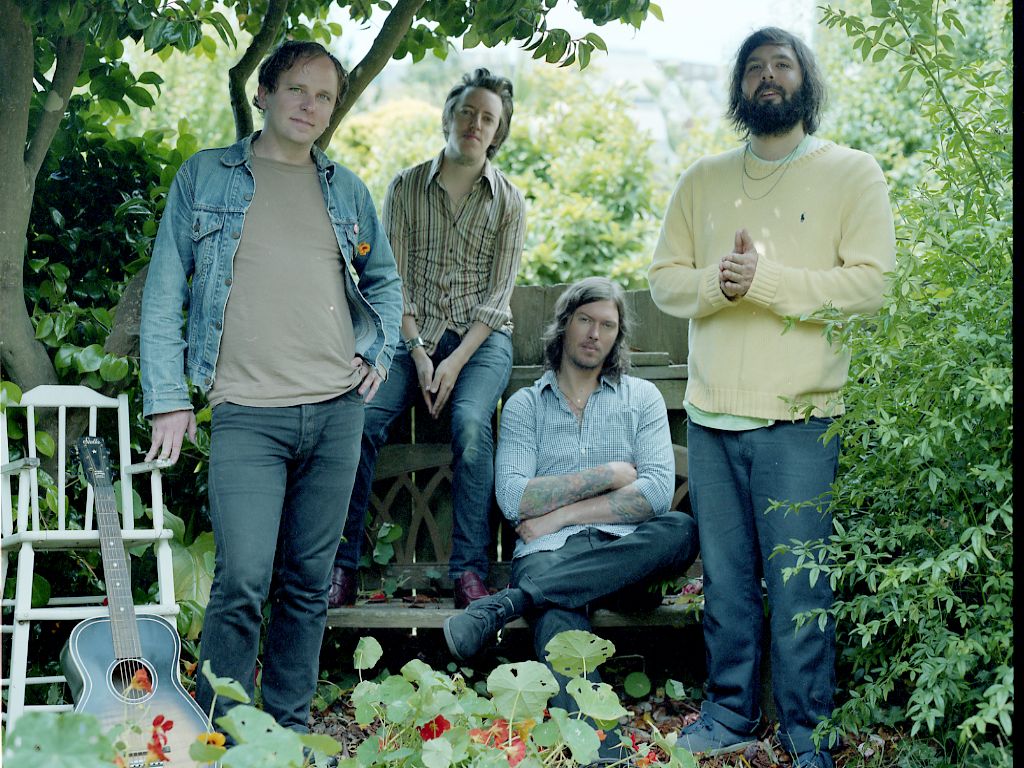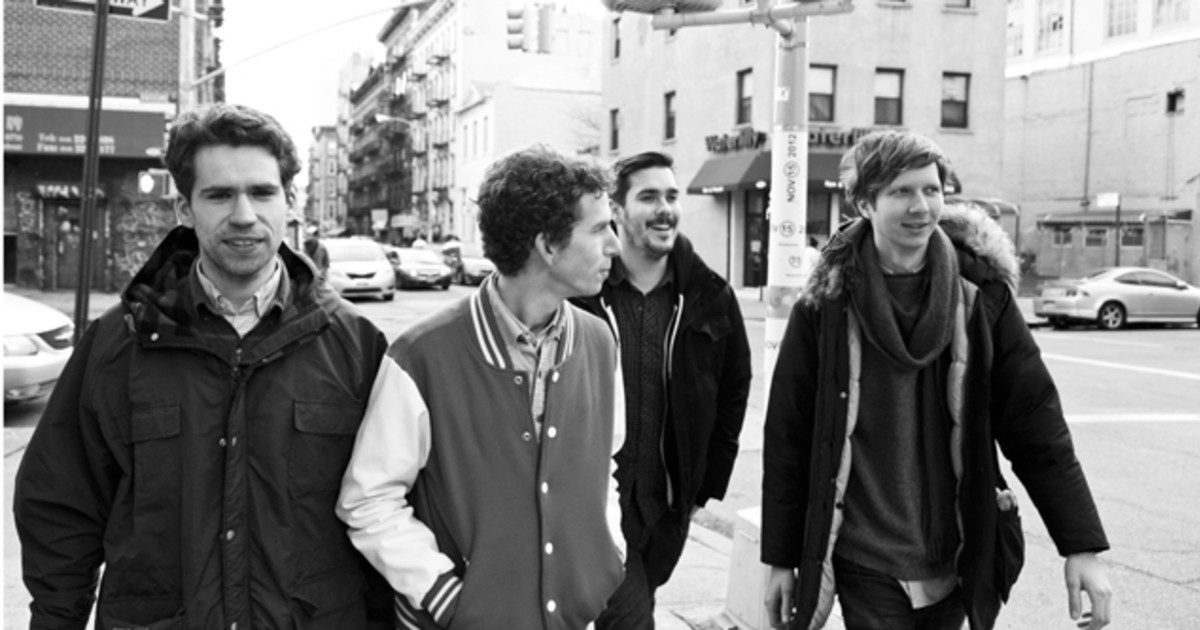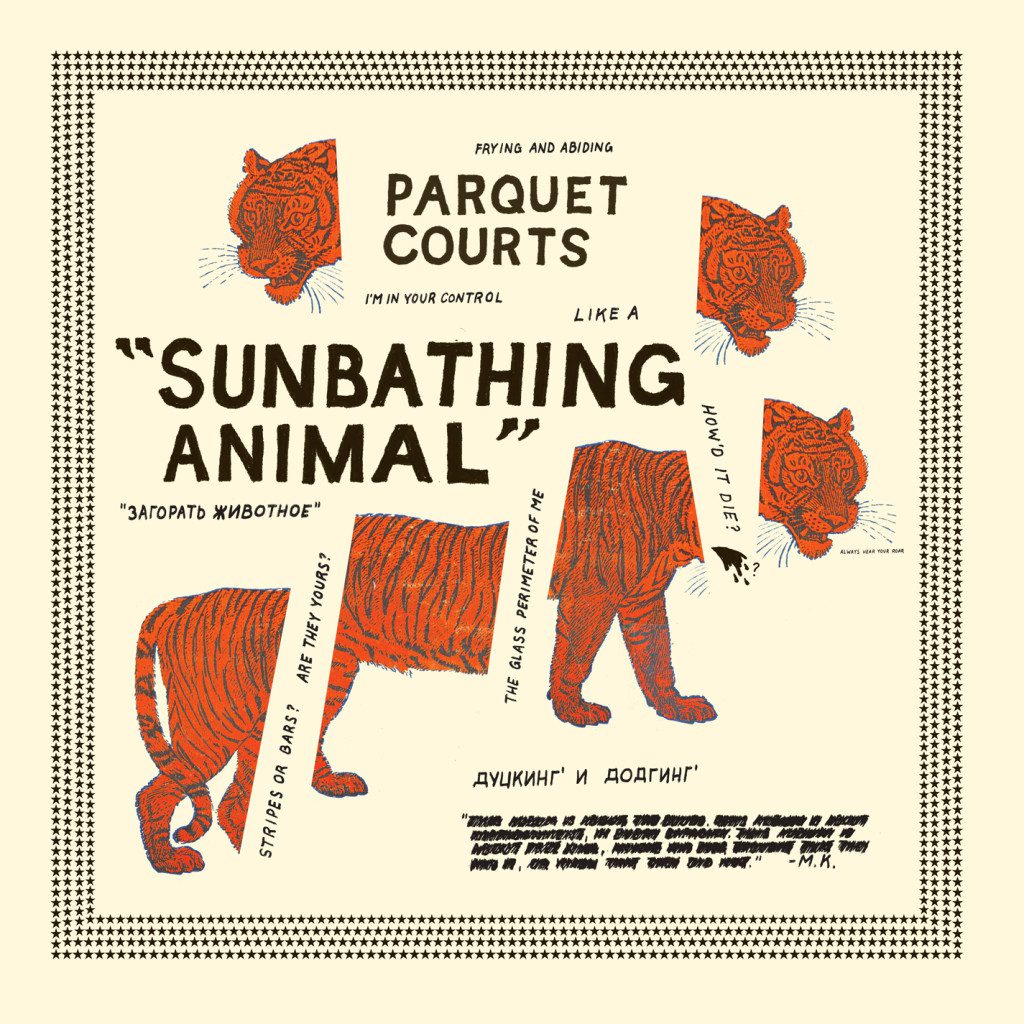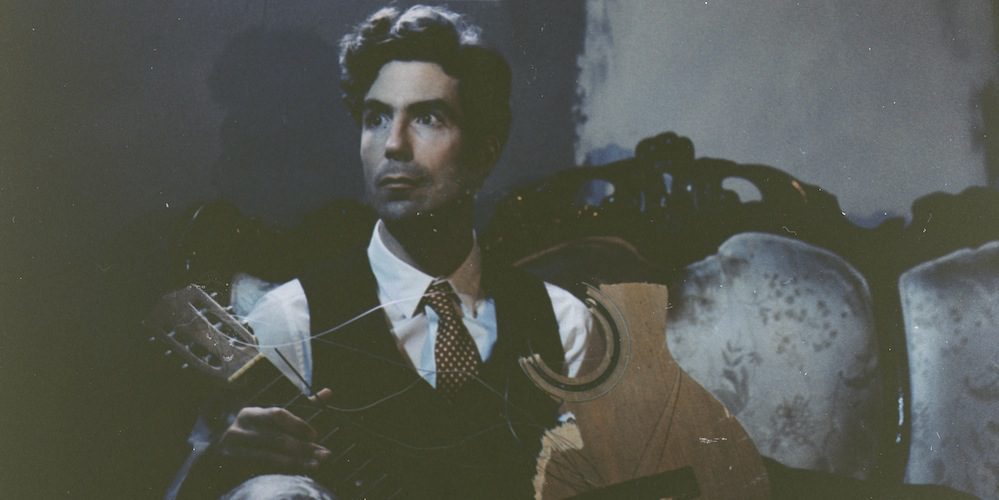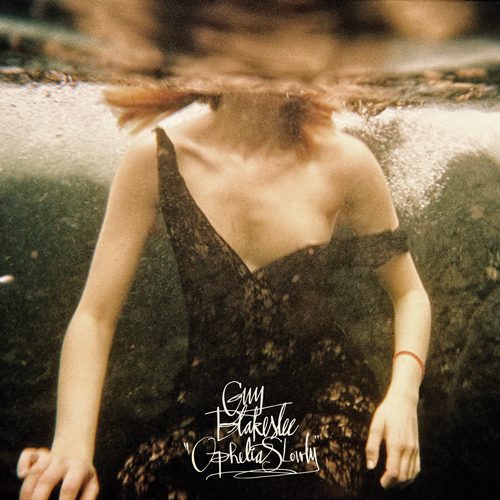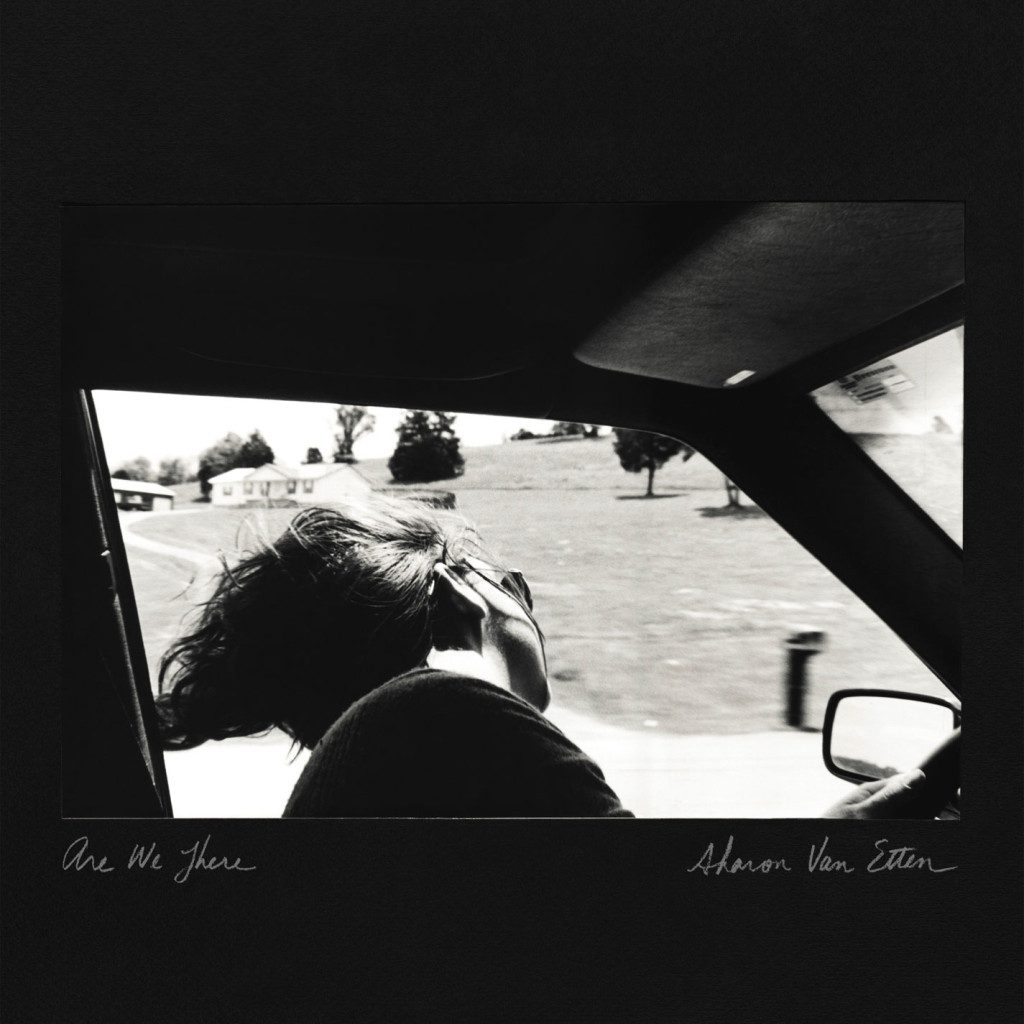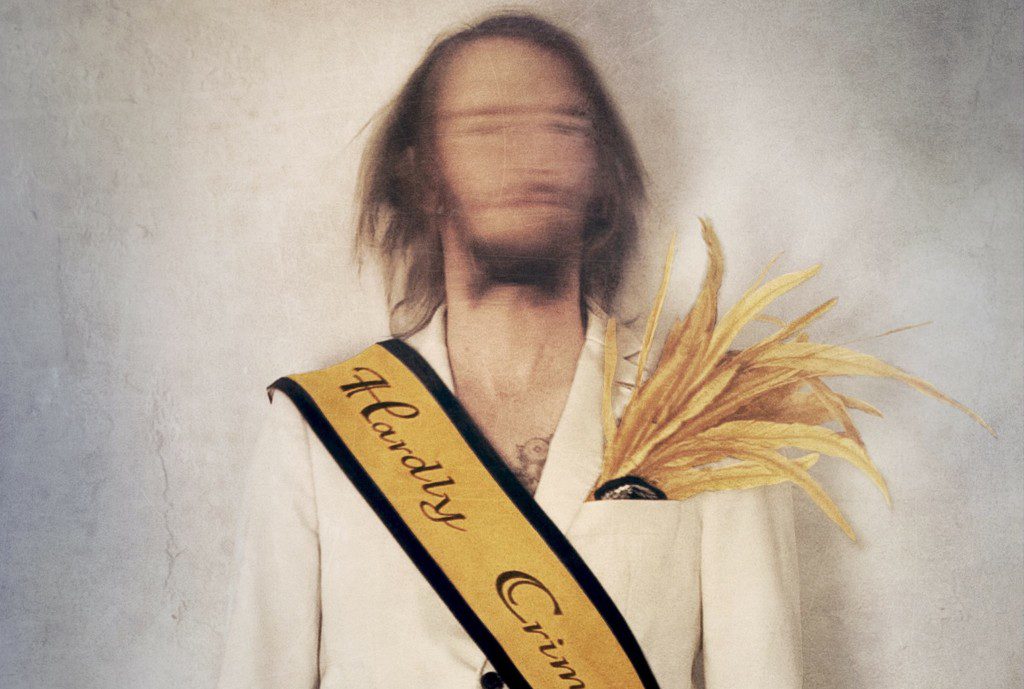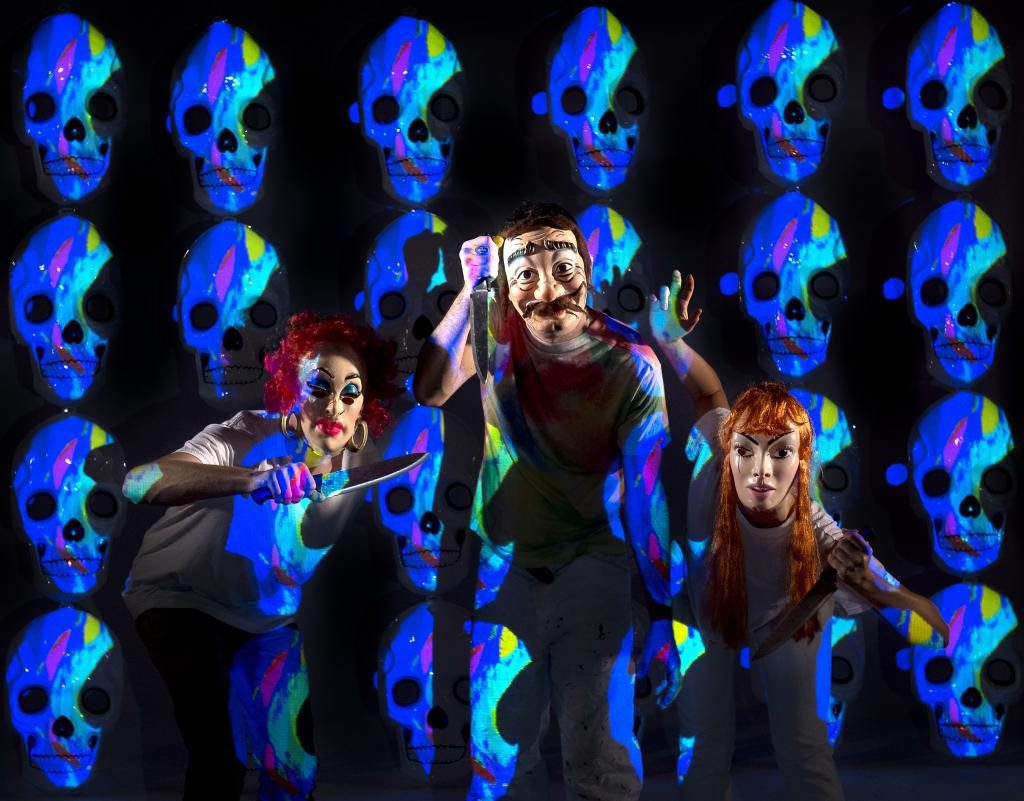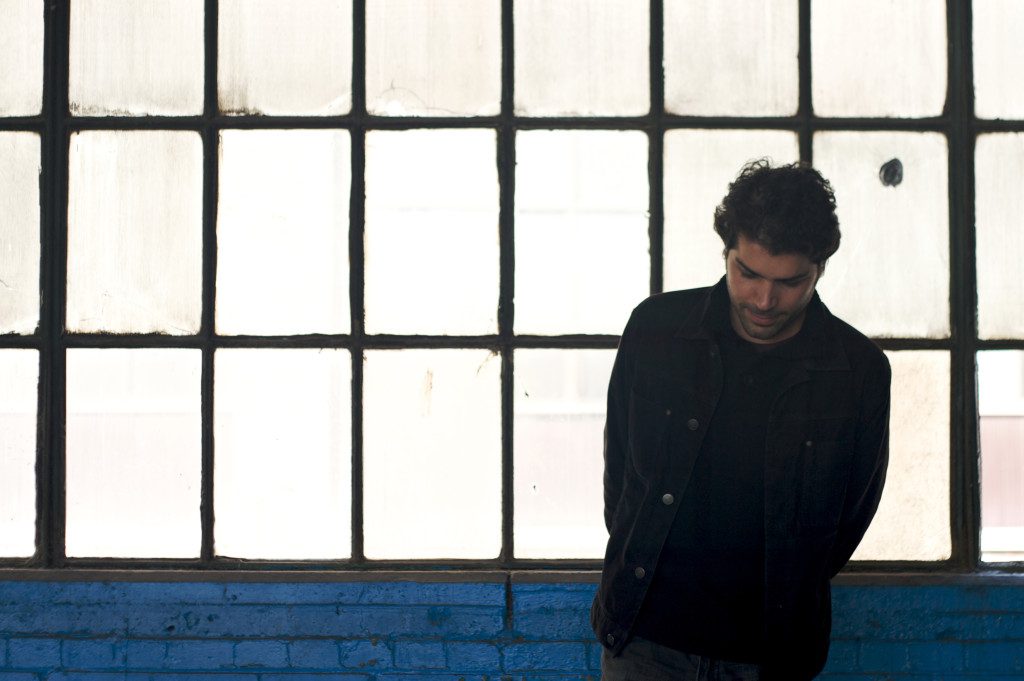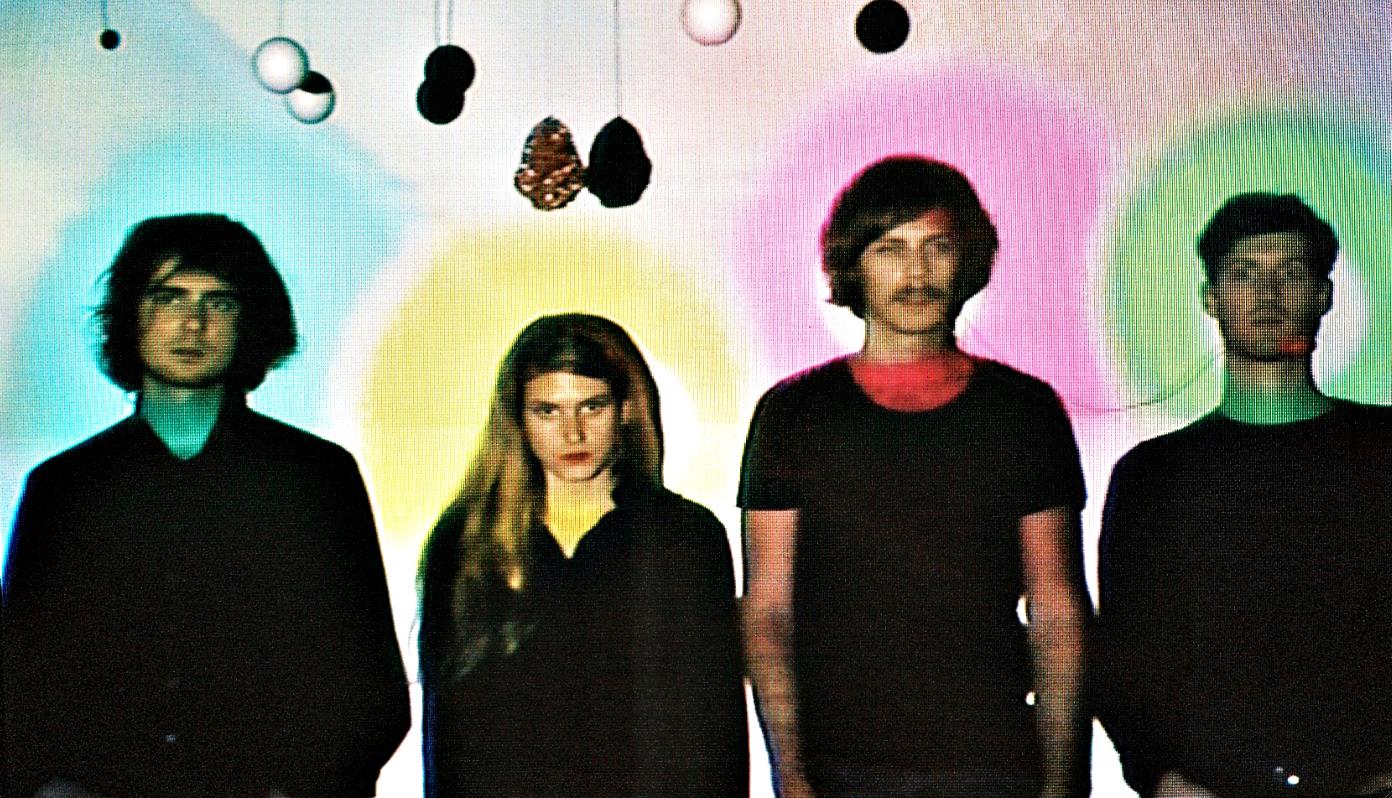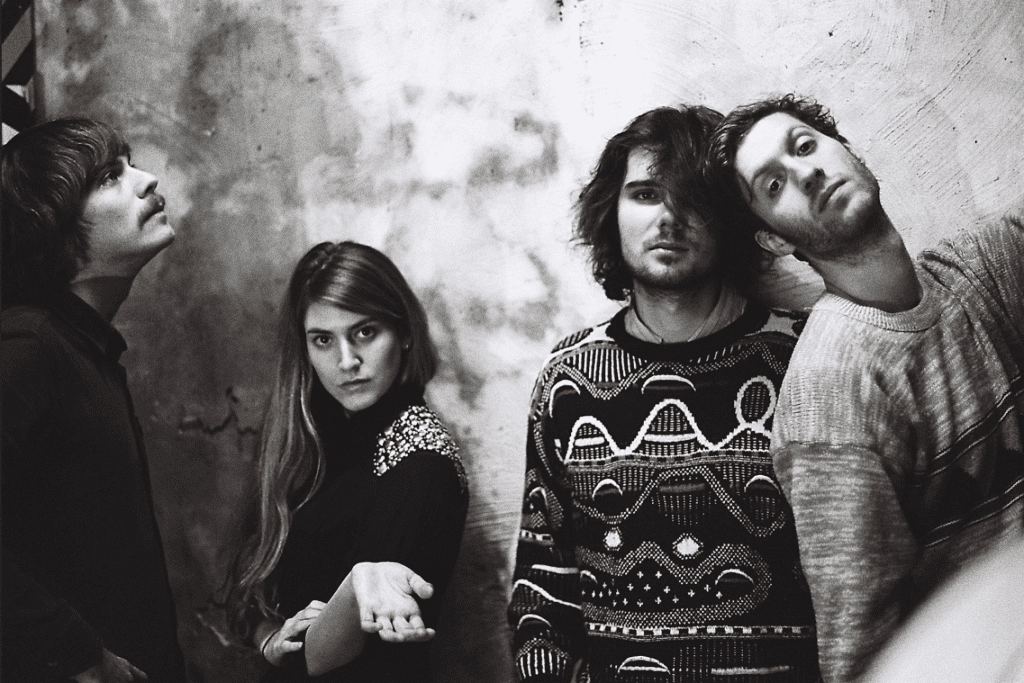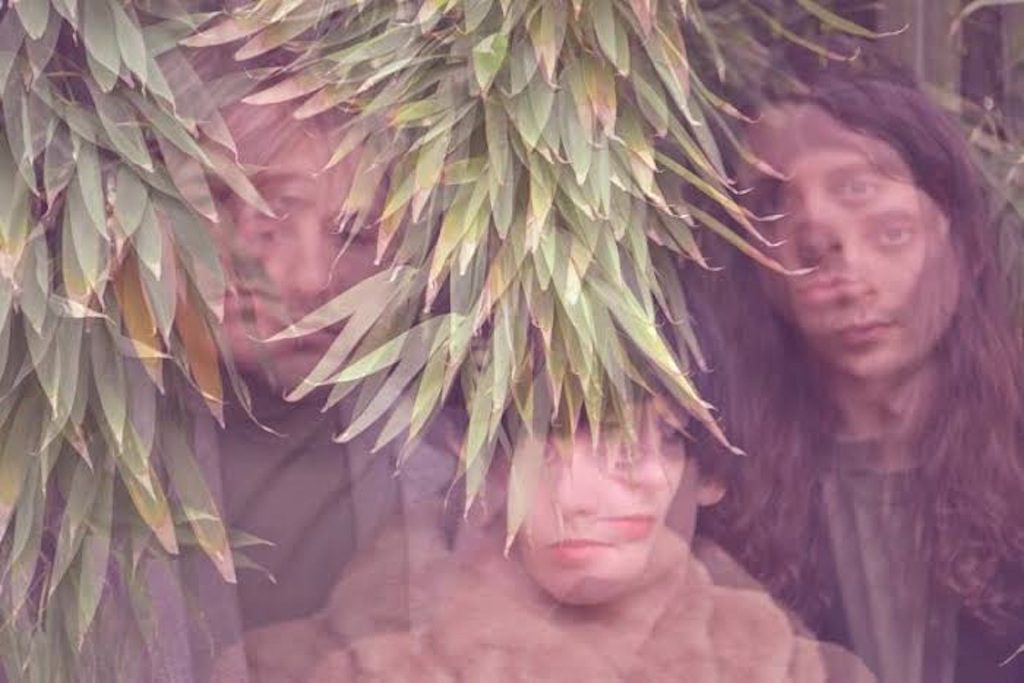Bones was our first record, made in a state of pure naive bliss. We had never played a show before and it came from a world that was really all in our heads. I guess it was a record that really reflected that time, the influences we had gathered as individuals and the special chemistry between us and our producer. It was very much a winter record and very much a Berlin record for us. It was made in a basement and recorded with one old Russian ribbon microphone. We wanted to capture the simplicity and dark playfulness of morbid dreams, coupled with the sounds of the city and the sounds of objects we found that inspired us, like shovels and slamming doors. After that record came out and we started touring a lot, our world sort of exploded. Everything we thought we knew was kind of turned upside down, and we encountered so many extremes. We were exposed to so many new places and people and music and we just took it all in I guess, whether it was conscious or subconscious I think the world changed and shaped us both as people and as musicians. When we decided to take a break from touring and compose and record a new album, we found that the influences and instruments we had been inspired by simply changed and instead of trying to recapture that minimal innocence, we embraced this new world we felt emerging, following the different aesthetics we were drawn to, which were maybe more psychedelic and wobbly than before.
AF: You have New York and Berlin listed as places the band members hail from. What has been the most rewarding aspect of having those different perspectives? Do you find your sound changing in relation to the geography you inhabit?
JJ is a born and raised New Yorker, Jonathan is half Polish and from Berlin, Rémi and Lucas are from France and our producer Tadklimp is Greek. I guess the music has benefited from not really belonging to one place although Berlin is a sort of Never Never land at the moment where a lot of different people from different places seem to collide, so Fenster definitely owes its existence to what Berlin is right now. It’s hard to tell if that has really shaped our sound but I guess it always adds some kind of dimension when different cultural references and backgrounds meet.
AF: Your website is almost as dizzying as your music. What is the story behind some of that imagery? The bone-headed dinosaur, the man bent backwards, the religious icons…
The website was made by our friend and collaborator Florian Sänger who embodies a particular kind of understated genius that one rarely encounters. The inspiration for the imagery came out of long afternoons spent in junk shops trolling through crumbling children’s books, medical encyclopedias from the last century and religious propaganda pamphlets. We wanted the website to be an entrance into the world of the album which for us meant a creepy dream logic where Jesus is on street signs and men float through the air. After we handed over the piles of collected materials to Florian, along with some images from our own dreams, he basically channeled it all into that website. Word.
AF: What contemporary bands are you most interested in collaborating or playing with?
Ahhhh there is so much good music being made at the moment, but there are two artists that are particularly inspiring to us… Connan Mockasin and Sandro Perri.
AF: Your music exists in a space that is difficult to label; because of that it is difficult to imagine your songwriting process. How do you typically commence the creation of a song? Its kind of different every time…some ideas have been festering for years, some just appear out of the clear blue sky. But our process is that once we have collected enough little bits and pieces of ideas, we go somewhere and make little pre-recordings or sketches of each song with all of the arrangements mapped out. We write and re-write lyrics dozens of times, singing and reading them out loud to see if they stick. Its important for us not to judge the creation as its happening, that comes later in the recording process when things become more concrete.
AF: I attempted researching what Fenster meant. Aside from a last name it appears to refer to a tectonic window. Also, maybe some sort of tape? Where did you get the name? Yeah, Fenster means window in German. A window fell on JJ’s head when we were recording Bones, but other than that we just like that its kind of an empty word, an object you look through instead of at.
AF: I read in Morr Music that you are fans of post-apocalyptic novels. Any favorites?
The Drowned World by JG Ballard is a classic and as for post human novels, Snow Crash by Neal Stephenson and Do Androids Dream of Electric Sheep? by Philip K. Dick.
AF: Given the change from your first album to your sophomore, where do you see your direction going in the future? Sonically speaking.
Sonically speaking, the next record will probably be completely different than the last two. We don’t like repeating ourselves, and at the same time we can’t force things…we like to sort of let them happen naturally and somehow be true to where we are in our lives at the time.
AF: What have you been listening to most recently?
Basically everything…Milton Nascimento’s 80s stuff, Fleetwood Mac (mostly Tusk), 70s Turkish disco, The Art of Noise, the new Japanther record, Caramel by Connan Mockasin, Impossible Spaces by Sandro Perri, sleazy french composer Francis Lai, Carol King!, Aphex Twin always, Kendrick Lamar, just discovered the album Trans by Neil Young, German krautrock legends Holger Czukaj and Irmin Schmidt…
AF: Do you find that what your listening to greatly effects your songwriting, or do you try to separate the two?
Everything that goes in has to come out somehow…The world and books and movies and music and stuff all play a part, but some things are more influential than others. Sometimes you hear, see or read something that unscrews something in your brain and you feel inspired instantly and other things leave you totally cold but maybe these things also contribute somehow. It’s mysterious and unpredictable and we like it like that.
AF: The Pink Caves is an interesting album because at on instant it is romantic, another mournful, and then the song changes and you want to dance. It also has so many digital and instrumental intricacies that it’d be a shame to miss them. Given the dynamism of the record what environment would you say is the best way to listen to it? Headphones? Live?
Wherever you listen to it, definitely listen to it loud! Maybe because we watch so many movies it feels like some weird soundtrack to a film, so listening to it while driving in a car or riding your bike or your horse around town could be cool. It’s definitely worth trying to listen to it as a whole album. That’s at least what we were going for because we personally really love records that take you on a trip.
AF: You mention finding interest in graveyards, and religious iconography. Surely being from Berlin and New York you must have some favorite cemeteries and cathedrals. Care to share for your fans with the same taste for the macabre?
There is a truly crazy and macabre cathedral in Portugal made of bones and skulls and decorated with a golden skeleton called Capela de Ossos and a church outside of Prague in Kutna Hora that is decorated with intricate sculptures made of human skeletons that were apparently designed by mad and blind monks. Paris is always a fun place for graveyards and Vienna has more dead inhabitants than living ones.
AF: Where does your fascination with the strange, morbid and mystical come from?
Its sort of engrained in everything…you just have to look for it. We like the autumn, its the time of year when everything dies. Dried flowers are just more beautiful, more timeless. We’ve always been really fascinated by cults, by movements of people that believe something so strongly they would die for it. The mystical is actually just another way of looking at the ordinary. Some people see a mirror and find it endlessly fascinating and mysterious and some people just look at themselves.
AF: I was watching your music video for “Oh Canyon.” It’s certainly proof of your sense of humor. I couldn’t help but be reminded of Wes Anderson’s imagery, but what did you guys have in mind while making it?
Our good pal and long time collaborator Bryn Chainey who has made three videos for us came up with the concept which was to make a sort of fake documentary about the “Amateur Cosmozoology Society” exploring questions like, “space, what is that?” and the history of animals being catapulted into the cosmos to try to figure out what’s out there. The found footage he incorporated of monkeys holding hands and cats freaking out in zero-gravity spaceships is absurd and fascinating. Science!
AF: You’ve been consistently lauded for your ability to render songs both sweet and eerie. Is there a band mate who contributes to one aspect of the sound more than the other? Basically, who is the creepy one in the band?
Maybe the band has a mind of its own that’s greater than the sum of its parts…we’re all huge Cronenberg fans and we like sci-fi a lot. Keep it sexy, keep it spooky and keep it real in 2014. Peace and love.
AF: WE SURE AS HELL WILL!! Thanks for speaking with us and congrats on being named AF’s band of the month. Much love to you, from NYC to Berlin.


